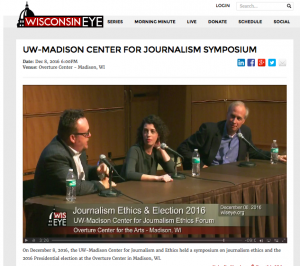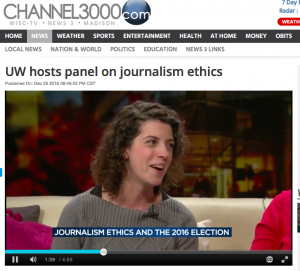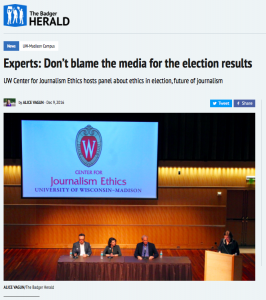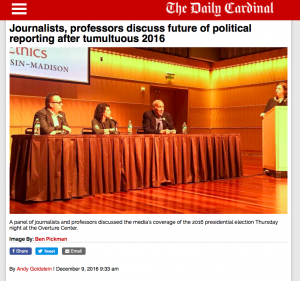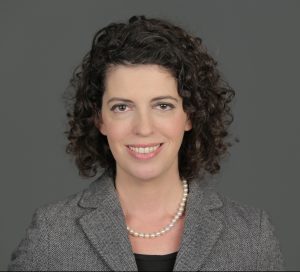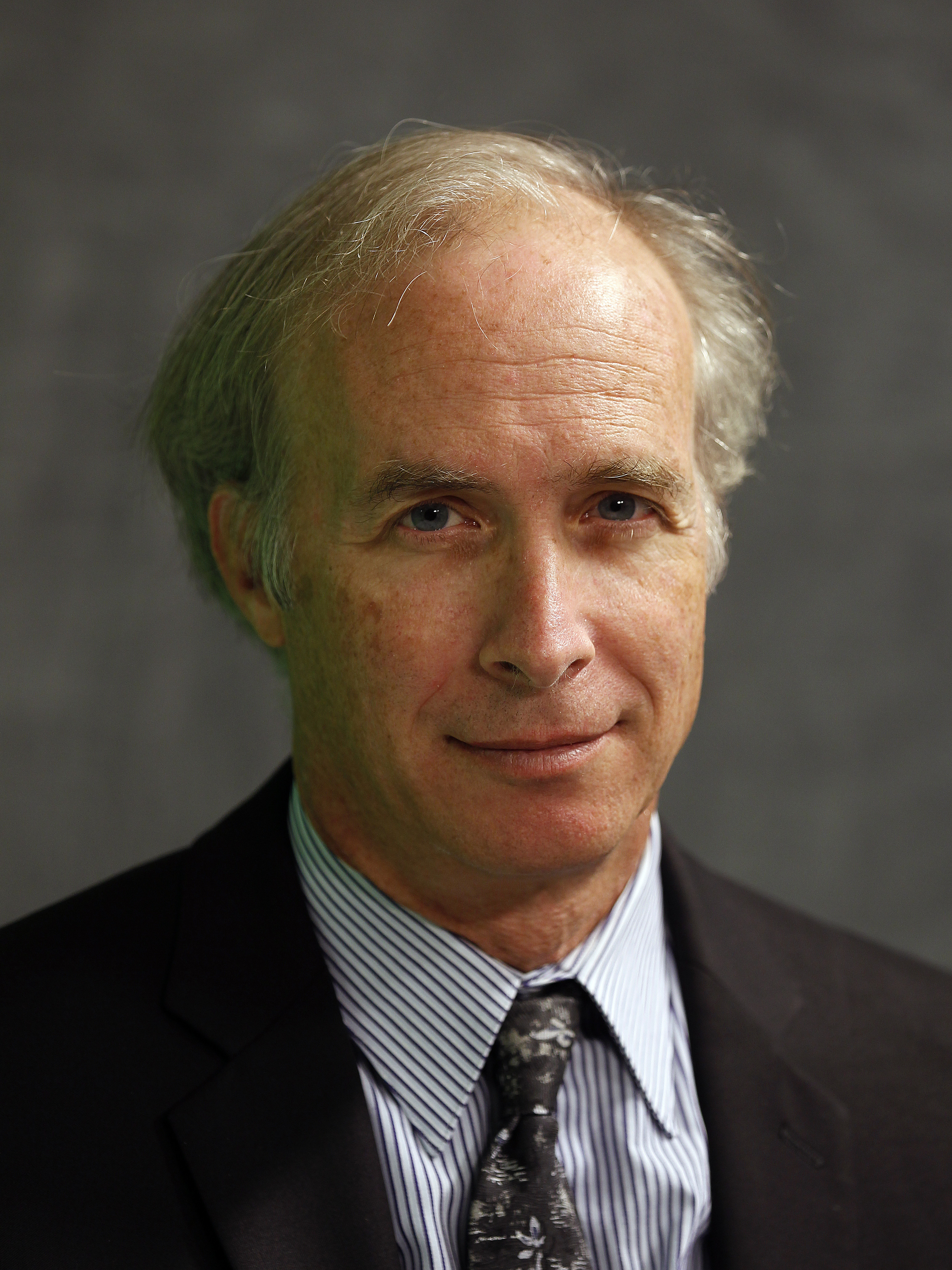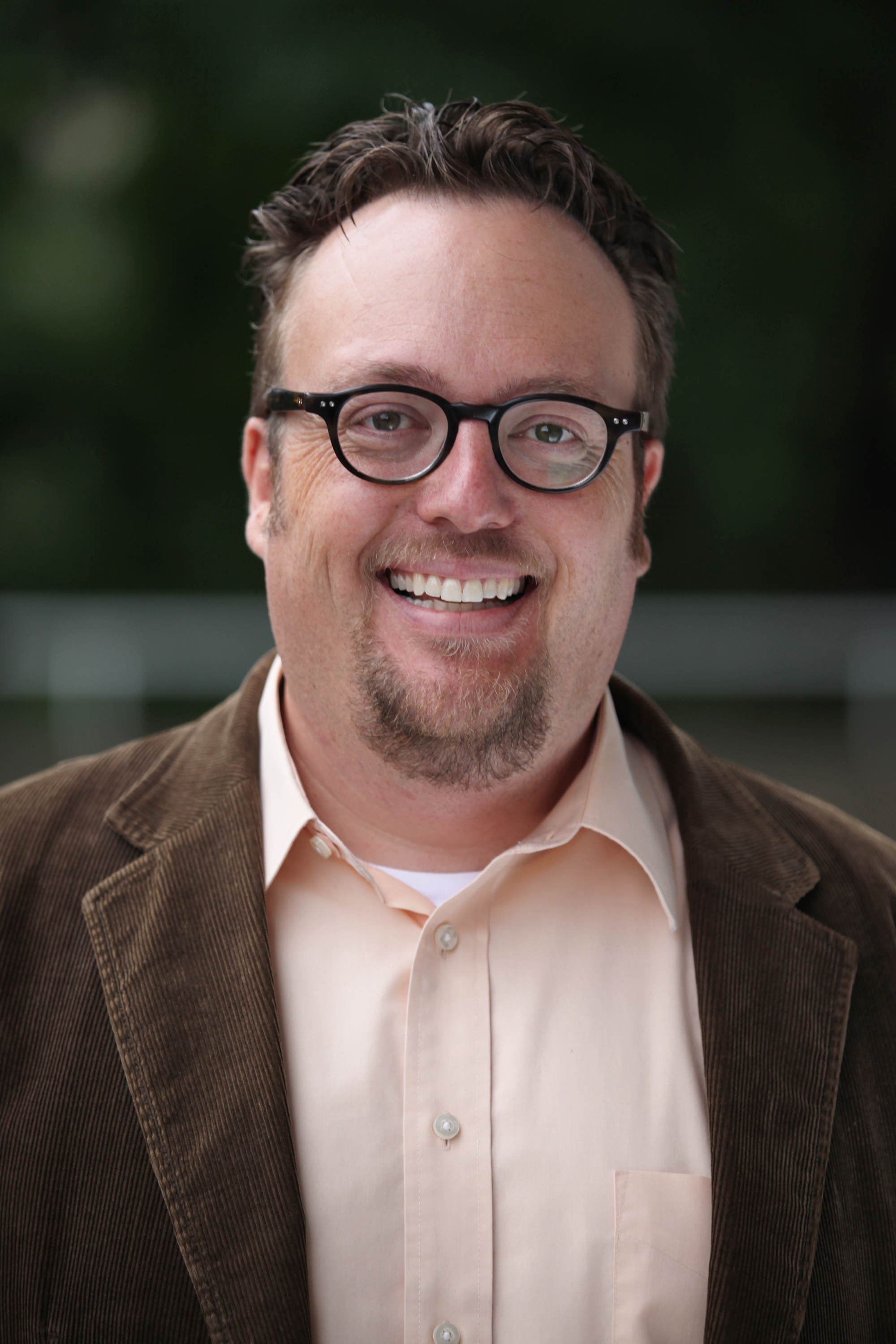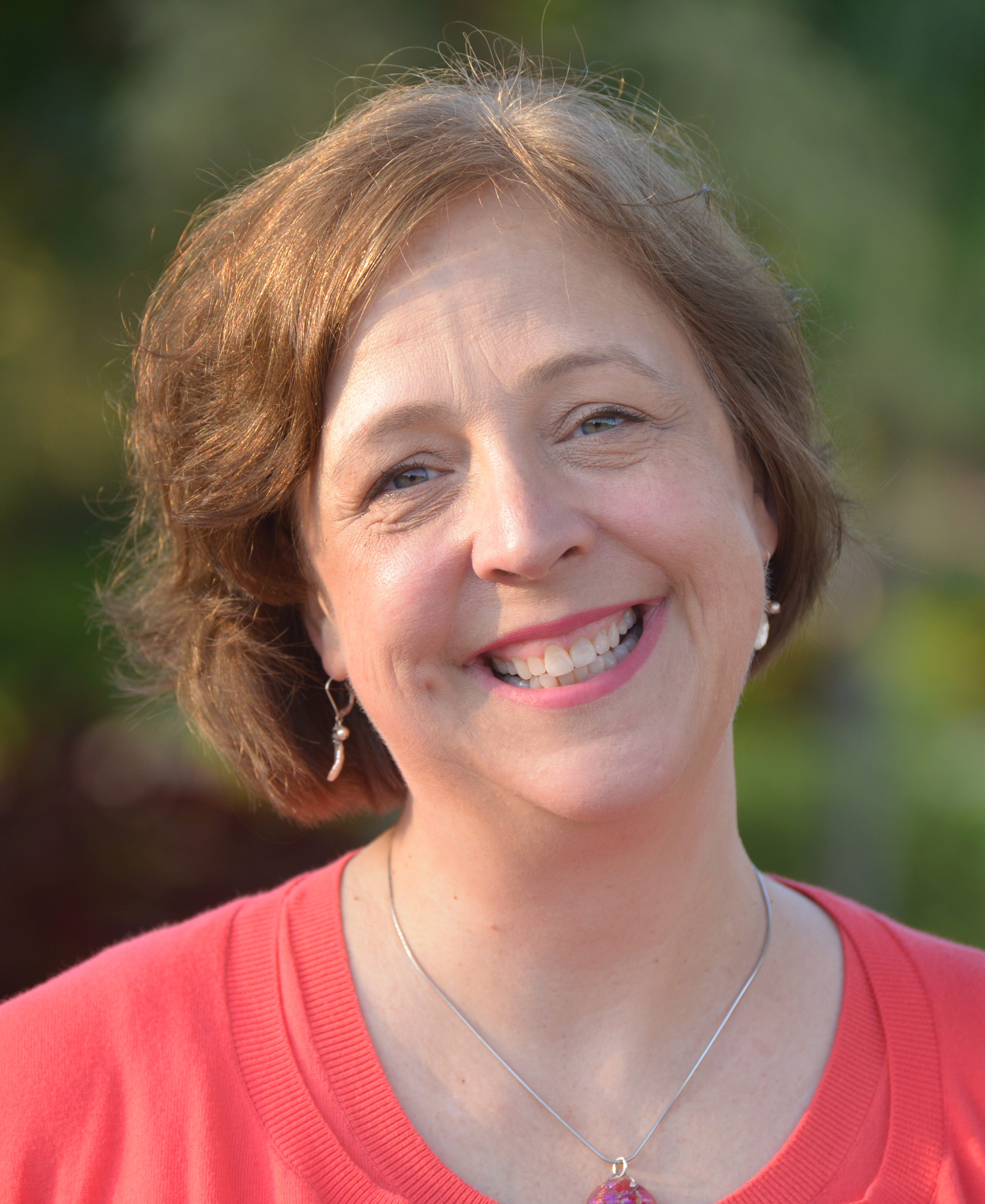Eric Lichtblau, a Pulitzer Prize-winning reporter in the Washington Bureau of The New York Times, challenged government pressure and prosecution of journalists in the name of national security, and instead encouraged journalists to continue publishing stories to widen the ongoing debate regarding national security, in his keynote address Media Minefields: Journalism, National Security and the Right to Know at the University of Wisconsin-Madison Center for Journalism Ethics 2014 conference.
 Lichtblau highlighted the increasing pressure on journalists by the government to keep national secrets and other “embarrassing” information from reaching the public by referencing The Guardian’s controversial 2013 decision to publish information provided by former NSA contractor Edward Snowden about the NSA’s private security information mining process.
Lichtblau highlighted the increasing pressure on journalists by the government to keep national secrets and other “embarrassing” information from reaching the public by referencing The Guardian’s controversial 2013 decision to publish information provided by former NSA contractor Edward Snowden about the NSA’s private security information mining process.
As the whistle blower style of national security narrative increases, Lichtblau said, reporting like The Guardian’s Snowden coverage, which incited the U.S. government to label the journalists as “co-conspirators” or “disgraces,” poses a larger issue regarding the widening gap between what the government is willing to tell the public and what the public “has a right to know.”
Sometimes the government “over-classifi[es]” information, not to protect national security, but instead to hide politically problematic or embarrassing information from the public, Lichtblau said.
Despite government pressure to keep journalists from publishing “politically unflattering” or, even, illegal activity, Lichtblau stressed that the First Amendment allows journalists to legally publish classified information. Furthermore, it’s the media’s responsibility to push back and, in some cases, allow for public scrutiny.
“[Journalists] still have the right and responsibility to report aggressively on national security measures,” Lichtblau said.
 In his recent book project, Lichtblau discovered dozens of files detailing the U.S. government’s protection of Nazi officials after World War II which were still labeled as classified over 60 years later.
In his recent book project, Lichtblau discovered dozens of files detailing the U.S. government’s protection of Nazi officials after World War II which were still labeled as classified over 60 years later.
However, Lichtblau explained that classified information should not be published without first gauging public interest and safety.
He pointed to the AP’s decision to hold a story (which was awarded the 2014 Shadid Award for Journalism Ethics at the conference) for three years about the CIA’s involvement in the case of a missing agent in Iran to ensure the story did not compromise the agent’s safety as an excellent example of ethical responsibility from a news organization.
However, in the age of citizen journalism, Lichtblau admits he is unsure how entities like Wikileaks, which do not have internal policies or self-censorship practices regarding public safety in place like journalists, can guarantee ethical practices.
Basically, Lichtblau said, ethics regarding national security reporting boils down to: “when to publish and when to sit on a story.” But, he argued, that should be the journalist’s, not the government’s, decision.
“Do you want the government making the decisions, or do you want the media making the decisions?” Lichtblau asked.
 While the Obama administration promised to be the most transparent administration thus far, its increased prosecution of journalists who publish classified information is alarming, Lichtblau said.
While the Obama administration promised to be the most transparent administration thus far, its increased prosecution of journalists who publish classified information is alarming, Lichtblau said.
Government officials gave one of Lichtblau’s sources a “Draconian” ultimatum, in which he was forced to either agree to stop talking to Lichtblau or he would lose his security clearance.
Lichtblau stressed that in cases of national security journalism, sources are at an increased risk. Therefore, reporters need to use extra caution when protecting them.
“Obviously, there are secrets that have to be kept,” Lichtblau said regarding some cases in which unveiling federal secrets could lead to the endangerment or death of a person.
However, the practice of government secrecy is often worse than the actual substance of secrets, Lichtblau said.
“We have to be the check on the government,” Lichtblau said, closing his address by encouraging journalists to publish hard-hitting national security stories in an effort to widen public debate about government secrecy.
[Photos by Jentri Colello for UW Center for Journalism Ethics].

